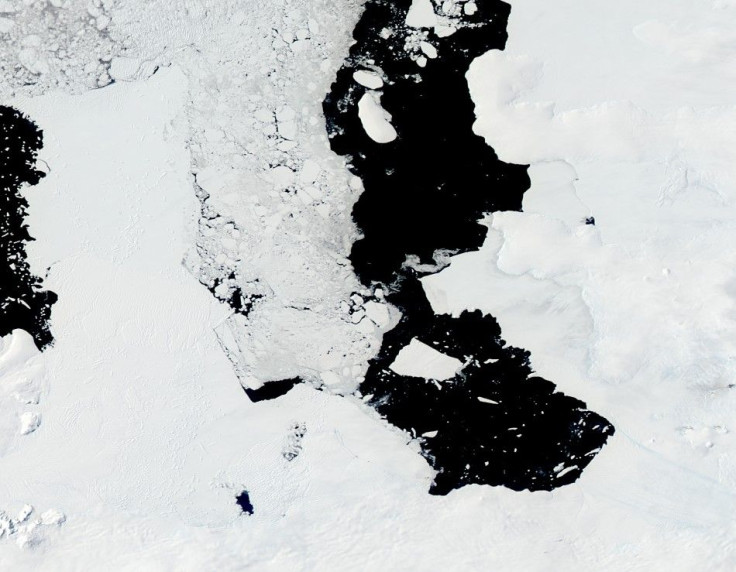'Alien' Ecosystem Found Under Antarctic Ice: Hope For Life in Other Icy Planets (Watch Video)
The Findings Provide Hope That Life On Other Planets May Exist

Amidst several reports of alien life on Mars and alien sightings, a new finding in the Antarctic has provided hope that life could exist in extreme environments. Scientists have found an entire ecosystem under the Antarctic ice. Under nearly half a mile of pack ice, without sunlight and fresh air scientist have found life forms in a lake.
While the basic notion was that sunlight and fresh air was highly essential for life to thrive, this new discovery has given scientists a ray of hope that life may exist even in other planets such as Mars, where even with a lack of a favourable environment, life may still exist. The research is published in the journal Nature.
Lead researcher Brent Christner, Professor of Biology at Louisiana State University in the US said that they had always been guessing that life would exist under the thick ice sheets of the Antarctic, but the findings do not just prove that there is life. However, this has provided evidence of an active ecosystem that is existing below. "We are looking at a water column that probably has about 4,000 things we call species. It's incredibly diverse," he said.
Christner says that this strengthens the hope for life on other icy bodies in the solar system and beyond. He pointed out other planets such as the Jupiter, Europa that could house life that we are unaware of. It is fascinating that these microorganisms "eat rock" to survive, as they do not have any other source of food. He stated that they attach themselves to mineral particles and harvest tiny amounts of ammonium and nitrogen.
The lake exists beneath the Antarctic ice sheet and is called Whillans. There are several such subglacial bodies that exist below. The sheet itself is one and a half times the size of the United States and 70 per cent of the Earth's freshwater exists there.
Prof Martyn Tranter, of the School of Geographical Sciences, at the University of Bristol said that the findings broke the long held perception of ice sheets and glaciers being sterile and unable to house life. "The findings even beg the question of whether microbes could eat rock beneath ice sheets on extraterrestrial bodies such as Mars. This idea has more traction now," he said.
The Whillans Ice Stream Subglacial Access Research Drilling (WISSARD) project drilled down through half a mile of ice to reach the lake in January 2013 and took samples. The DNA showed that these organisms were not accidently brought there but have been existing since ages.





















